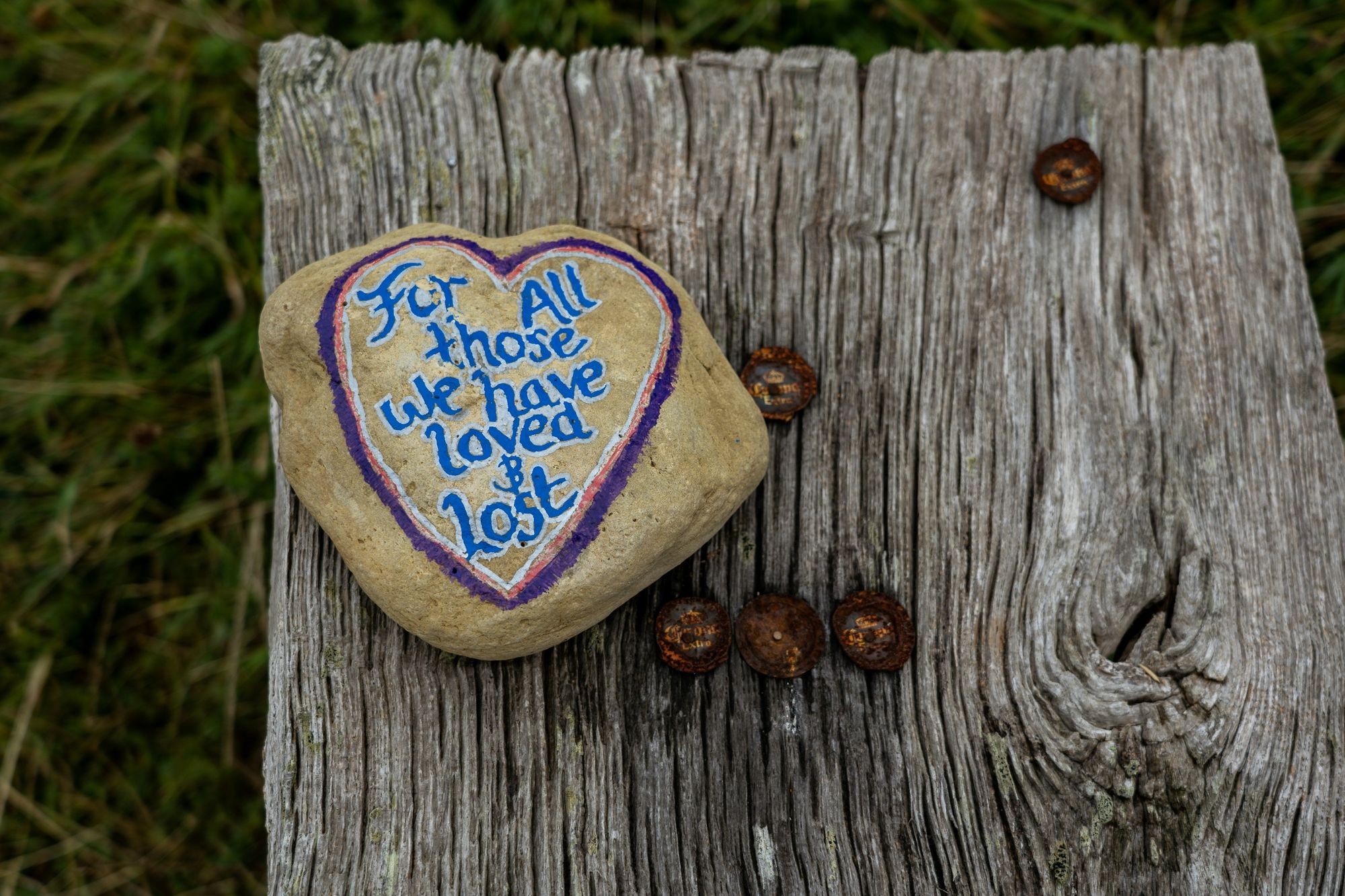What to Say When Someone Loses a Loved One to COVID

The COVID-19 pandemic has tragically stolen millions of lives across the globe in an unthinkably devastating way. Families have been shattered by the abrupt and untimely loss of loved ones to this insidious virus. The circumstances surrounding these deaths make the grief even more complicated and traumatic to process.
In many cases, victims died alone without the comfort of familiar faces or good-byes due to strict safety protocols. Bereft families may carry immense guilt about possible exposure risks or being unable to be present in their loved one's final moments. They may be robbed of cultural rituals, funerals and other traditions that provide much-needed closure and catharsis during the grieving process.
When someone you care about is consumed with anguish after losing a parent, spouse, sibling, child or other cherished relationship to COVID-related causes, the usual condolence remarks may feel particularly inadequate or even exacerbate an already excruciating situation. As loved ones, we must respond to their unique pain with thoughtfulness, empathy and care.
What to Say
"Your [loved one] meant so much to you and to so many others. While the world may feel shattered, their spirit and impact still ripples within you and everyone they loved. That can never be erased." Highlight the enduring positive imprint of their loved one's cherished existence.
"I'm so deeply sorry for the loss of your [mom, husband, etc.] to COVID-19. My heart goes out to you having to endure this tragic loss under such difficult circumstances." Acknowledge the abnormal circumstances that likely compound their sadness, guilt and grief.
"I wish more than anything I could take this anguish away from you. Since I can't, I'll do whatever I can to surround you with support, a listening ear, or moments of solace when you need it most." Make it clear you'll be compassionately present and helpful however they need.
"I know how deeply bonded you and [loved one] were, and that this loss leaves an irreplaceable void. Be patient with yourself as you grieve in your own way on your own timeline." Reassure them to honor their personal grieving journey, with no outside expectations or pressure.
"When you're ready, I'm here to look at photos and hear your favorite stories about [loved one]." Provide space to openly celebrate their loved one's life and reminisce about the beautiful moments.
What to Avoid
"They're no longer suffering and at peace now." While sometimes true depending on circumstances, this can feel dismissive of their raw grief.
"At least they lived a long, full life." This minimizes their loss and negates their devastation, regardless of the loved one's age.
"This was part of a bigger plan from a higher power." Religious platitudes provide little comfort when someone is overwhelmed by acute grief.
"At least your family was by their side via video chat." While intended as a bright spot, this inadvertently highlights their loved one's tragic isolation if they perished without in-person visitors.
"You'll get through this with time and be okay." Comments about "getting over it" or returning to normalcy minimize the permanence of their loss and process of acclimating to life without their loved one.
"You have to stay strong for those around you/your family." This puts unfair pressure on them before processing the crushing pain of their profound loss.
Providing Compassionate Support After a COVID Loss
In the face of losing a loved one under the uniquely tragic circumstances of the COVID-19 pandemic, the usual condolence remarks often fall short. Grieving looks and feels different for everyone enduring these painful losses. As friends, family and community members, we may not be able to take their suffering away, but we can create an open space to feel it fully and heal at their own pace.
Empathetic presence, avoiding trite condolences that unintentionally diminish or dismiss their anguish, and honoring each person's unique journey through bereavement provide true compassion and comfort during such an unimaginably difficult time. Surrounding them with support, a non-judgmental listening ear, and patience is how we can begin to provide some solace after these shattering COVID losses.
At Eirene, we believe that end-of-life planning should be comforting, transparent, and dignified. Too often, families struggle with the chaos, opacity, and expense of conventional funeral arrangements. We envision a better way - one centered on the belief that the end of life deserves as much beauty, grace, and meaning as the moments that came before.




